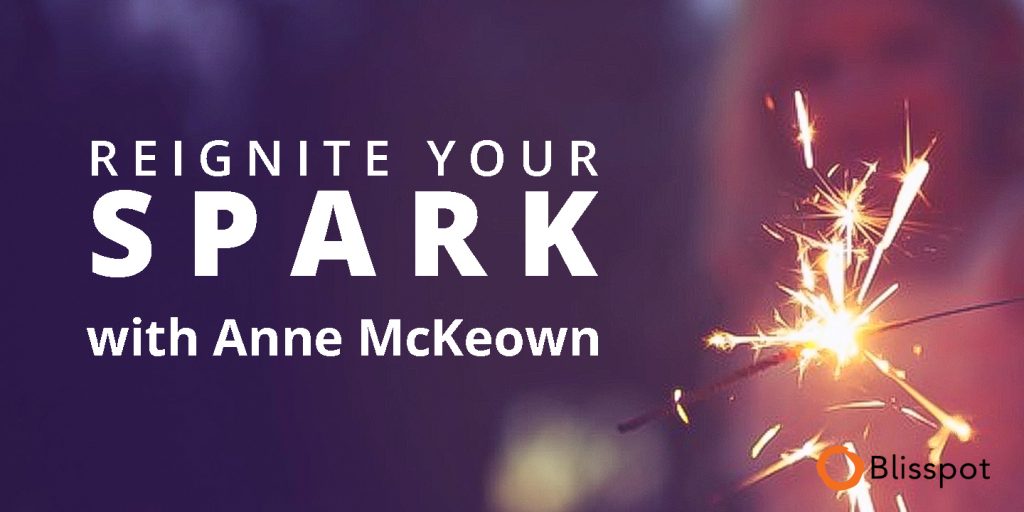As we live our lives we either focus on living for pleasure or working for achievement. Too much pleasure orientated living and you’ll stay at home instead of going to the gym, sleep in instead of working, getting unfit and probably fired! Too much achievement focused living and you’ll forget to enjoy the moment, making you stressed and unhappy.
The key to happiness across your life is balance.
How to Bring Happiness to Every Aspect of Your Life
Our life falls naturally into three areas: time spent at play, at work and at home. Each area has its own tendency to encourage either achievement or pleasure and we tend to fall into habitual patterns of behaviour in each domain without a great deal of thought.
It becomes second nature for us to strive to win or to just sit back and cruise, whether we are in work mode, play mode or simply at home with family. Sometimes the balance gets lost and, as a result, our experience of life’s richness is diminished.
Happiness at play
Our natural tendency towards either pleasure or achievement will play out most obviously in our leisure activities. In reviewing how we prefer to spend our free time, certain themes will quickly become apparent.
For example, on a Saturday morning, we can easily choose to spend our time mowing the lawns, cleaning the car and ticking off jobs from the ‘to do’ list. This may be our preference. But alternatively, we could choose to spend Saturday mornings kicking back and just cruising around the house.
It’s the weekend. We want to relax, play music and drink coffee. The same applies when we plan for a holiday. Do we aim to relax and take an ocean cruise, or do we enrol for an Italian cookery class in Tuscany?
Do we camp by a lake and read trashy magazines, or do we take a five-day hike in the mountains? And on our return, do we remember the fun that we’ve had or the things that we’ve achieved? Are we more relaxed or are we more knowledgeable as a result of our trip away?
There are no right or wrong decisions here. But we do need to be aware of our preferences, and we need to ensure that we eventually strike a good overall balance.
When we play sport, we can play competitively and become driven to play to our full potential, or we can simply enjoy getting out in the fresh air and having fun. We can go fishing to catch lots of fish, or simply to ‘go fishing’.
We can play tennis to win, or simply to enjoy ourselves with friends. Our decisions should normally fall between the two options. If we aren’t enjoying activities, then we should seriously review their place in our lives.
Similarly, if we’re not learning or achieving anything, then we need to review how we are spending our time. In looking back over a weekend at home or a holiday away, we should always be able to reflect contentedly on both the things that we’ve achieved and on the fun that we’ve had.
Happiness at work
Activity at work is almost always achievement oriented. We go to work to achieve things. We are paid to produce outcomes at the end of the day. We have a clear sense of purpose.
As an example, we can look at the stereotypical corporate types who strive naturally towards business success. For them, the key drivers are to achieve their monthly targets, their personal KPIs (key performance indicators), and to contribute towards the stated objectives of their organization.
They focus on outputs, achievements and tangible outcomes. They will often carry over this energetic perspective into their social and recreational lives as well. They are drawn towards events that provide social networking opportunities, climbing ever upwards towards a higher social standing and a higher net worth.
They also love to be competitive in their chosen sports. They like to win and they like to be the best! But all work and no play makes Jack a dull boy!
An excessive competitive drive towards achievement at the expense of pleasure can often lead to burnout, stress and anxiety, underpinned by the fear of failure. There is little contentment, little happiness and little joy.
There is often a generalized sense of restlessness and dissatisfaction with life. Success is achieved but rarely celebrated. There is always another goal to aim for and another level to reach.
To balance this achievement orientation, it is imperative that we learn to pause, reflect and be more ‘in the moment’. We need to be able to be more accepting of how things are, and to appreciate the world for how it is, rather than always looking for improvement and change.
We don’t need to be always setting goals and making lists. We sometimes just need time to ‘be’, and to be connected with those around us.
Happiness at home
Our behaviour in family relationships is also driven by our preference to either:
- achieve in our lives together, or
- simply enjoy our lives together.
Usually, our preferences are reasonably aligned with those of our partner. But if we see the world differently, then tensions can quickly evolve. However, if we choose to, we can see these differences as ‘complementary’, where one person’s achievement orientation is balanced by the other’s natural ability to relax.
It is important to clarify whether, as partners, we are hoping for our relationship to primarily bring contentment and happiness or for it to bring wealth and success. For example, how shall we plan financially for our lives?
Shall we invest and save purposefully for our retirement, or should we live more expansively and enjoy the moment? Ideally, of course, most couples would look to strike a prudent balance between the two.
It is also important to consider the degree to which we are looking for ‘satisfaction’ or for ‘pleasure’ from each other at an emotional level. A relationship based on achieving mutually satisfying goals (such as social status, job promotion and material wealth) looks and feels very different to a relationship that is based simply on pleasure.
It can often appear like harder work to an outsider, with both partners seeming restless, always looking to achieve something more from their life together.
And what about the time spent together in the bedroom? We need to be clear about whether we are just looking to relax and ‘enjoy’ the pleasure of being together, or whether we are trying to ‘achieve’ a sense of greater closeness.
The subtle difference in language can set up very different expectations. This is not a discussion topic that couples usually dare to explore, but it could well identify several points of difference that need to be resolved!
What exactly is the function of time spent intimately in the bedroom? Is it rather pointless and just a silly giggle or does it serve a more useful function in a couple’s life?
It is the essence of living a happy, satisfying and fulfilling life. It is a defining characteristic of our relationships with partners, friends and colleagues, and it will also affects the way we operate at work, at home and at play.









thankyou for such a great read! lately ive been finding it so vital to take that time to focus on just ‘being’ and not necessarily achieving, as i can easily get caught up in frantically trying to cross off that ‘to-do-list’. it is in those times of play or relax that i find my inner strength, which in turn helps me achieve much more fluidly.